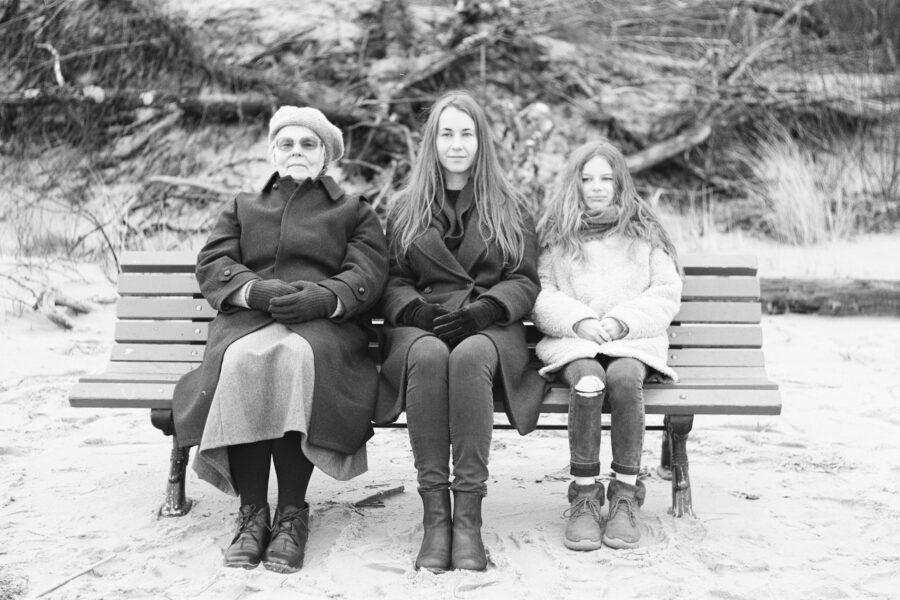Alcohol is often seen as a quick escape—something to take the edge off or help you loosen up.
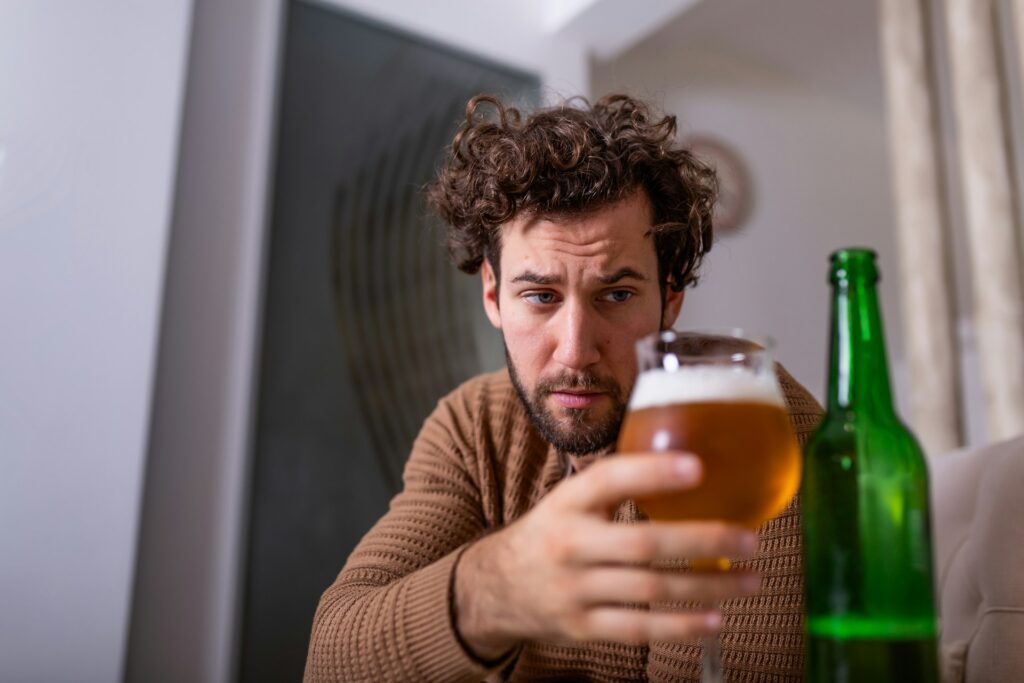
However, if you’re someone who struggles with anxiety or depression, that short-term relief can come at a steep cost. While a drink or two might seem harmless, the longer-term effects of alcohol on your mood, brain chemistry, and nervous system are far more complicated than most people realise. Here’s what to know about how alcohol interacts with anxiety and depression.
1. It can feel helpful in the moment, but that feeling is temporary.

Alcohol works as a depressant on the central nervous system, which can initially make you feel relaxed or numb. That short-term calming effect is why it’s often used to “take the edge off” social anxiety or emotional discomfort. However, once your body starts metabolising it, the effect fades, and often leaves you feeling more anxious or low than before. What felt like relief was really a pause, not a solution, and your brain takes note of that imbalance.
2. It disrupts your brain chemistry.

Alcohol messes with the balance of neurotransmitters that help regulate your mood, especially serotonin and dopamine. These chemicals play a major role in how we feel day-to-day, and alcohol throws them off track. As time goes on, this disruption can leave you more emotionally unstable. That means feeling lower lows, more irritability, and increased sensitivity to stress, even when you’re not drinking.
3. It makes your sleep worse (even if you fall asleep faster).

A nightcap might make you drowsy, but it seriously disrupts your sleep cycle. Alcohol interferes with REM sleep—the deep, restorative kind your brain needs to process emotion and memory. Poor sleep makes both anxiety and depression worse. So even if you conk out quickly after a few drinks, you’re more likely to wake up groggy, restless, or emotionally off the next day.
4. It can intensify rumination and self-criticism.

Alcohol lowers your inhibitions, which means the mental filter you normally have gets quieter. That can lead to saying or doing things you later regret, or spending hours mentally replaying a moment from the night before. If you already struggle with self-doubt or intrusive thoughts, alcohol can make those loops louder. What started as a way to relax can quickly turn into a spiral of overthinking and regret.
5. It heightens emotional instability.
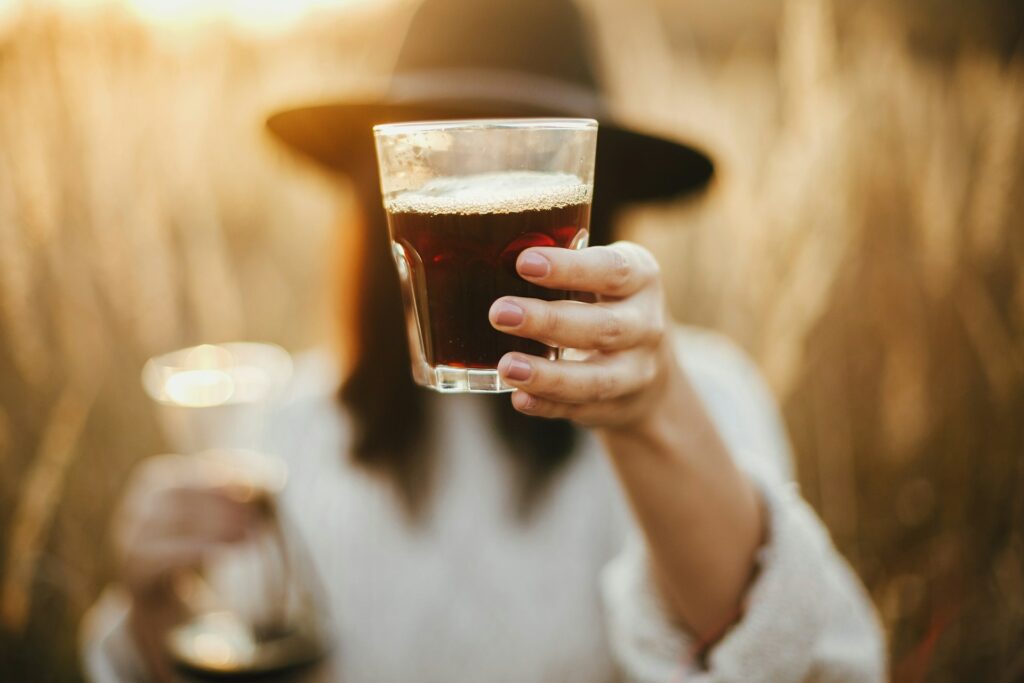
Alcohol makes it harder to regulate your emotions. You might feel euphoric one minute and irritated or tearful the next. That unpredictability can be exhausting and disorienting, especially for someone already navigating mental health struggles. That level of emotional volatility doesn’t just affect your internal state. It can also create tension in your relationships, leading to more stress and disconnection, which feed right back into anxiety and depression.
6. It increases physical symptoms of anxiety.
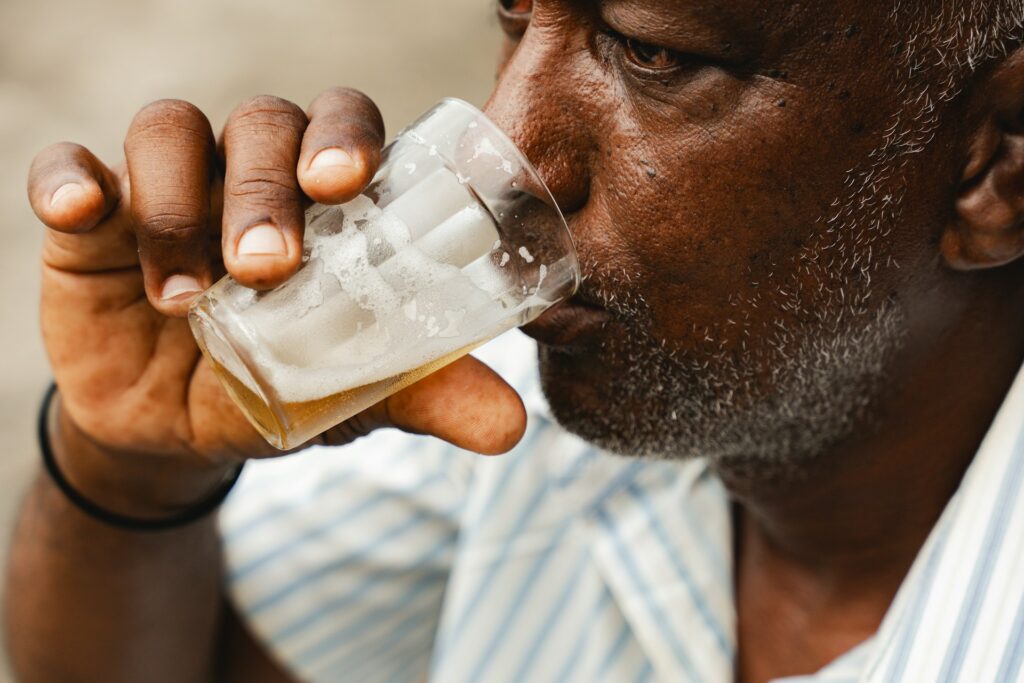
Shaky hands, racing heart, sweating, nausea—these are classic hangover symptoms, but they also mimic anxiety. That overlap can make it hard to tell what’s what, and your brain often treats the physical discomfort as a threat. Even mild drinking can create a “next day” jitteriness that feels like anxiety—because, chemically, it is. Your nervous system is trying to recalibrate, but in the meantime, you feel edgy and overwhelmed for reasons that aren’t obvious.
7. It leads to emotional hangovers, not just physical ones.

The next-day blues are real. After drinking, your brain is often depleted of feel-good chemicals and flooded with inflammation. That combination can leave you feeling flat, hopeless, or irritable, even if nothing’s actually wrong. The emotional crash can make depression feel heavier and more confusing. You might chalk it up to “just being in a mood,” but it’s often your brain reacting to the chemical disruption alcohol caused the night before.
8. It lowers your motivation and energy.

When you’re dealing with depression, even small tasks can feel heavy. Alcohol adds another layer of exhaustion by zapping your energy and increasing fatigue. You might find it harder to get going the next day, both physically and mentally. That lack of energy feeds into avoidance, isolation, and guilt, all of which reinforce depressive thinking. It’s a subtle but powerful drain on your momentum, especially if you’re trying to pull yourself out of a mental low.
9. It delays emotional processing.

Using alcohol to escape your feelings may work in the short term, but it comes at the cost of actually working through those emotions. Suppressed feelings don’t disappear—they resurface, often at inconvenient or overwhelming times. By dulling your emotions instead of addressing them, you end up prolonging your distress. When alcohol wears off, those feelings tend to come back with more urgency, not less.
10. It blunts your ability to connect with other people.

While drinking can make socialising feel easier in the moment, it often creates shallow or distorted connections. Alcohol lowers your emotional intelligence—your ability to listen, empathise, and respond thoughtfully. In the long run, that can destroy trust or create miscommunications. If you’re already feeling isolated due to anxiety or depression, alcohol may temporarily numb that loneliness, but it doesn’t help you build real closeness.
11. It can create a cycle of dependency.

The more you drink to manage anxiety or depression, the more your brain starts to associate alcohol with relief. That makes it harder to tolerate discomfort sober, and can create a cycle where you feel like you “need” a drink to cope. This pattern can build slowly, often disguised as harmless habits. However, in the long run, it eats away at your resilience and confidence in your own ability to handle things without chemical help.
12. It reduces the effectiveness of medications and therapy.
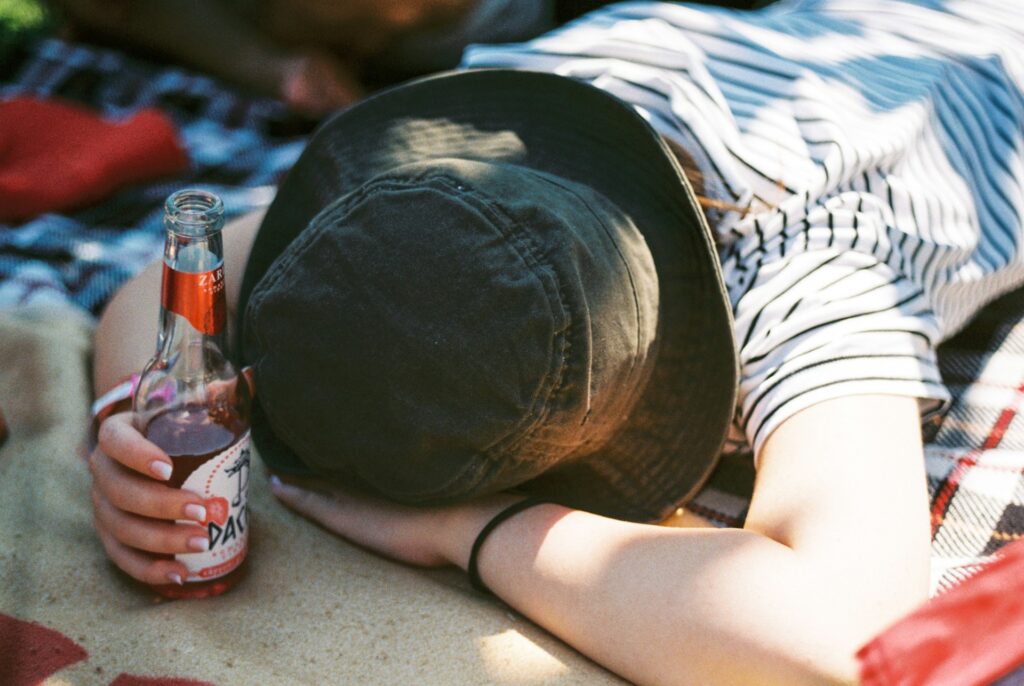
If you’re taking antidepressants, anti-anxiety meds, or undergoing therapy, alcohol can undermine your progress. It may interfere with how medications are absorbed or processed, and it can make it harder to engage honestly in emotional work. Many people don’t realise how much alcohol blunts their emotional access in therapy, or how it creates setbacks in treatment plans. Cutting back can often make your mental health support systems work better, not worse.
13. It masks the root cause of what you’re feeling.
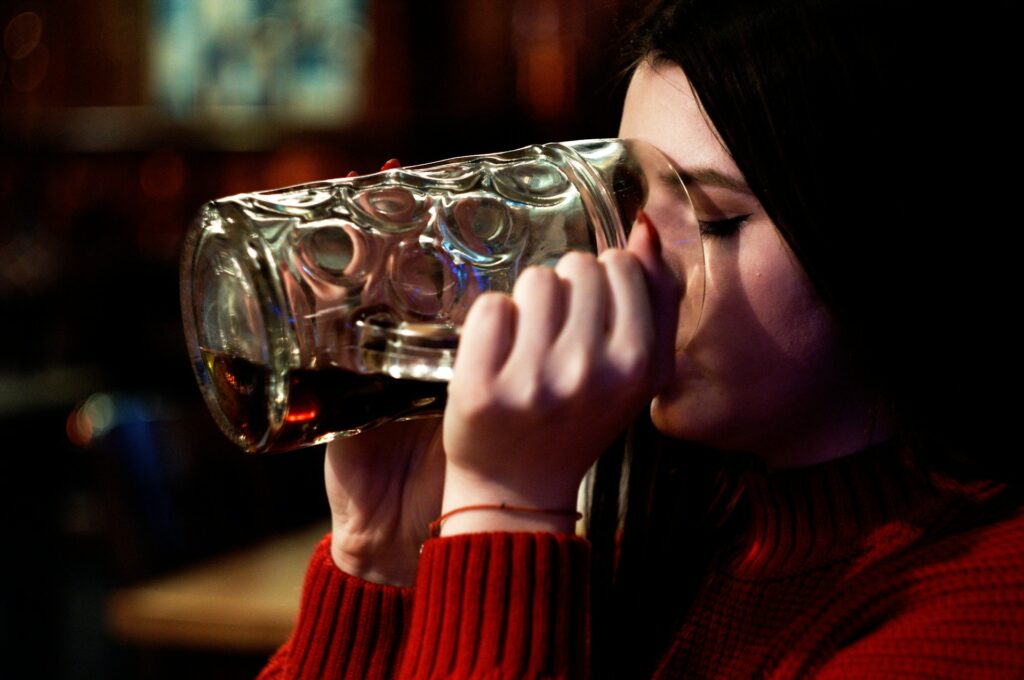
Ultimately, alcohol acts like a dimmer switch. It dulls discomfort but also dulls insight. It doesn’t make pain go away—it just delays the moment you’ll have to face it. When you stop numbing and start noticing, you create space for real healing. That might be messy or slow—but it’s also where clarity, growth, and actual relief live. That’s something no drink can give you.


